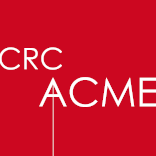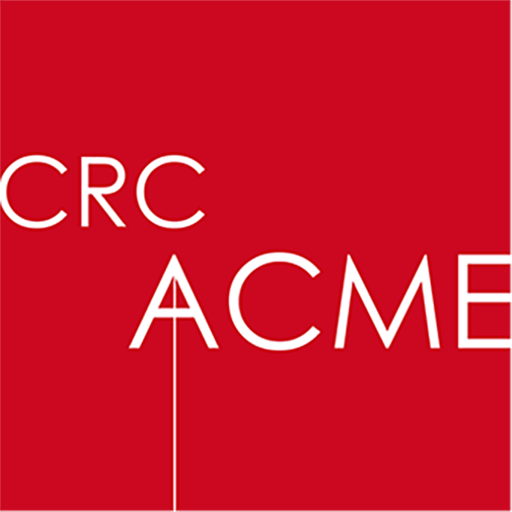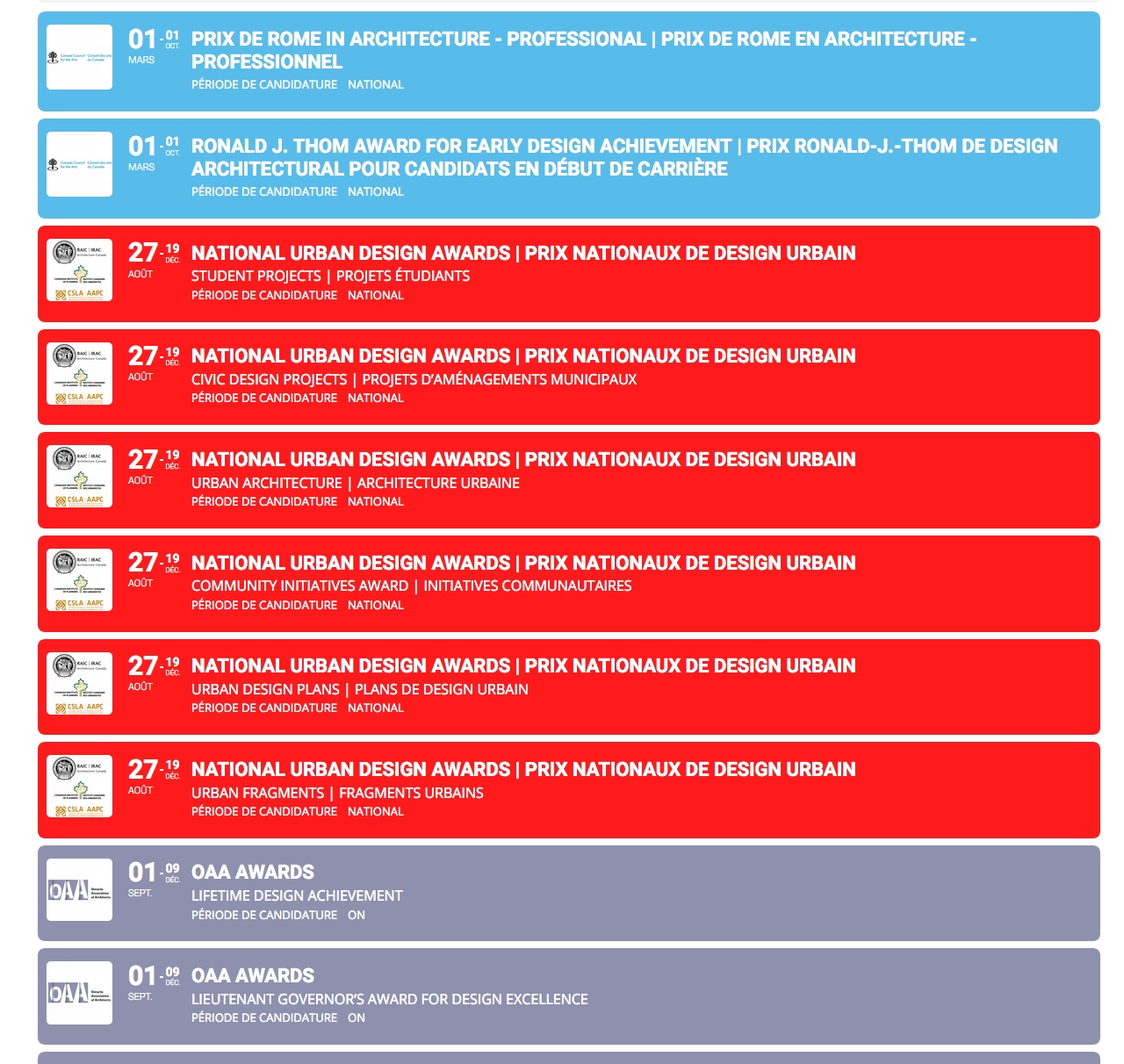Doctoral scholarships (New deadline March 1st 2021 for September 2021)
La Chaire de recherche du Canada en architecture, concours et médiations de l’excellence (CRC-ACME) sollicite des candidatures pour des bourses doctorales. Chaque bourse sera accompagnée d’un contrat de recherche et soutiendra une étudiante ou un étudiant dans la réalisation d’un projet (…)



